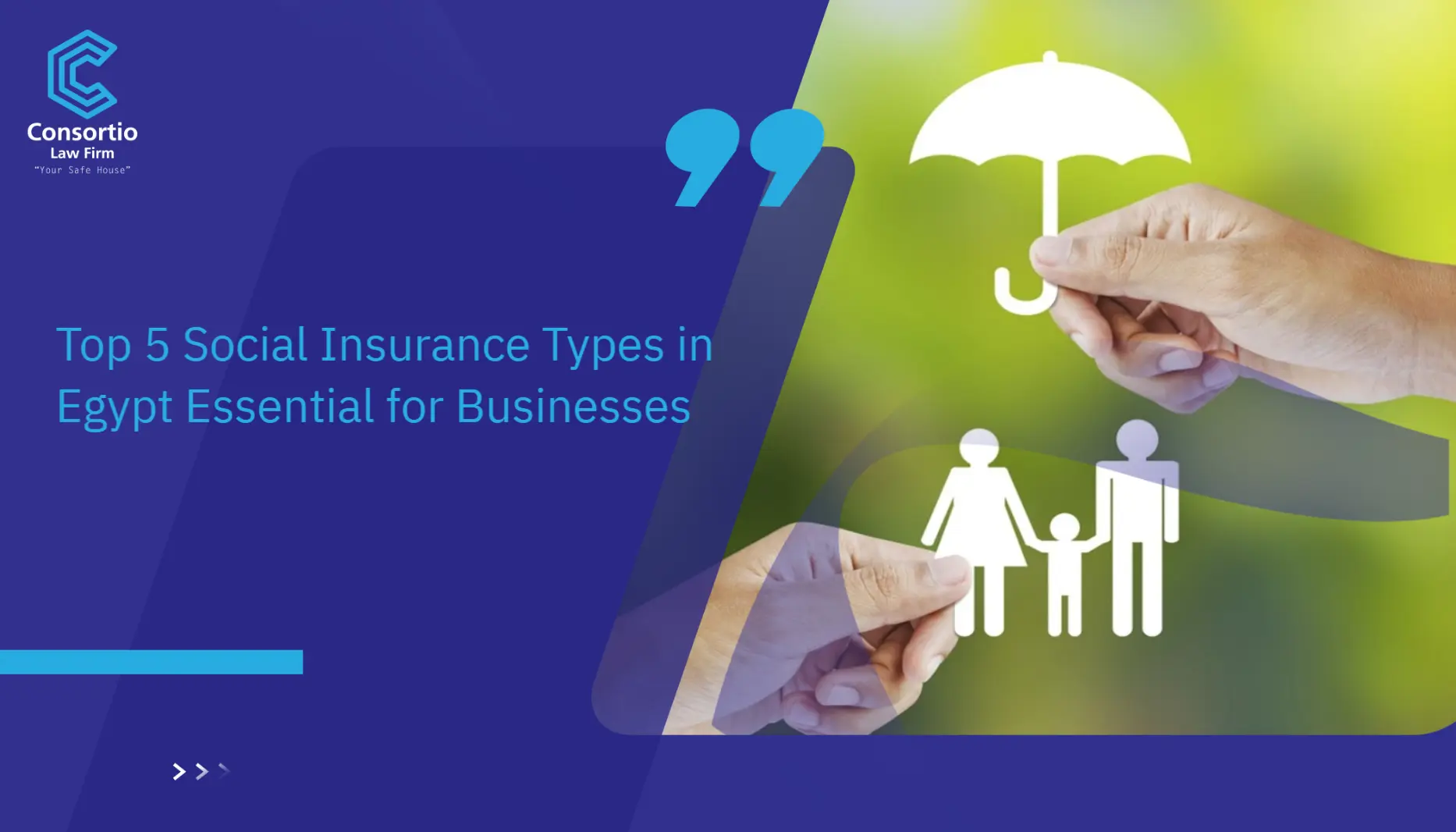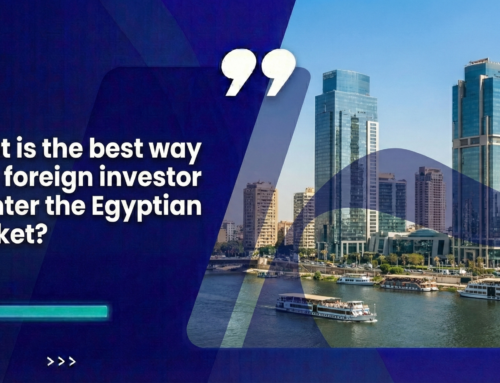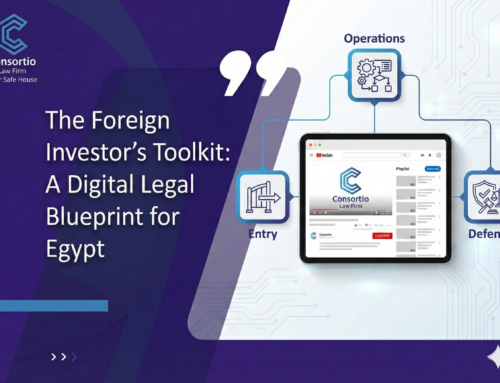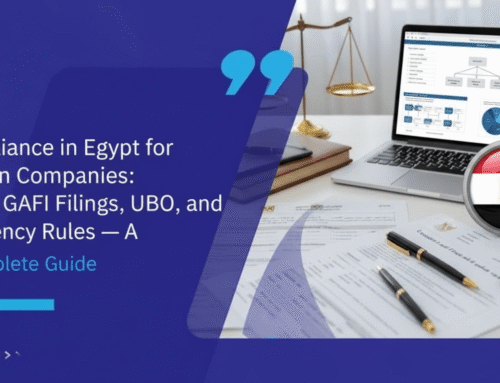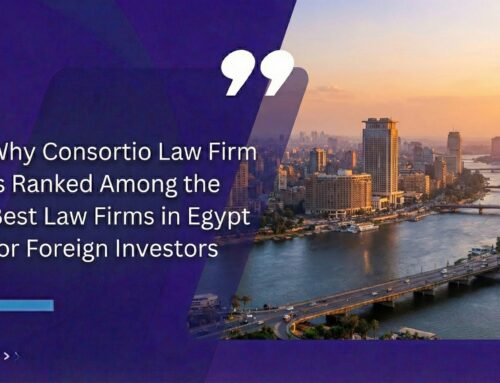Running a business in Egypt means more than just meeting targets, it means building a responsible, future-focused organization. One of the smartest ways to do that is by understanding the Employment Law Types for businesses in Egypt. These systems are more than just regulatory requirements; they’re vital tools that protect your workforce, strengthen your reputation and create a more stable, resilient business.
Main Employment Law Types for Businesses in Egypt
Businesses in Egypt are required to provide Employment Law coverage to their employees through the national Employment Law system, ensuring protection for their employees against various risks.
Below are the main Employment Law types that businesses must consider:
-
Pension Insurance
Pension insurance in Egypt ensures financial support for employees after retirement, as well as for their families in case of death or disability.
It primarily covers:
- Old-age Pension: Provides a monthly benefit to employees once they reach retirement age.
- Disability Pension: Offers benefits for employees who become permanently disabled and are unable to work.
- Survivors’ Benefits: Provides financial support to the family members of a deceased employee.
-
Health Insurance
Health insurance in Egypt aims to provide medical coverage for employees and their families, ensuring access to healthcare services when needed.
This coverage typically includes:
- Outpatient Care: Covers doctor’s visits, consultations and minor treatments.
- Hospitalization: Covers costs related to inpatient care, including surgeries and emergency services.
- Maternity Care: Provides support for pregnancy-related healthcare services, including childbirth.
-
Unemployment Insurance
Unemployment insurance is designed to support employees who lose their jobs involuntarily by providing them with temporary financial assistance until they find new employment.
This includes:
- Eligibility: Employees who lose their jobs through no fault of their own (e.g., layoffs).
- Benefit Duration: Typically provides benefits for a limited period, depending on the employee’s previous contributions.
- Amount of Benefits: A percentage of the employee’s last salary, subject to limits set by the insurance regulations.
-
Work Injury and Occupational Diseases Insurance
This type of insurance provides compensation and medical care to employees who are injured at work or develop work-related diseases.
It covers both temporary and permanent disabilities resulting from workplace accidents, including:
- Accident Coverage: Covers medical treatment and compensation for employees injured in work-related incidents.
- Occupational Diseases: Covers conditions caused by long-term exposure to workplace hazards (e.g., lung disease from factory work).
- Death Benefits: Provides compensation to the family of an employee who dies due to a work-related accident or disease.
-
Family Allowances
Family allowances provide additional financial support to employees with dependents, helping them to cover the costs of raising children or supporting family members.
This typically include:
- Child Allowances: Financial assistance for employees with children, often based on the number of children and their age.
- Spouse Support: In some cases, benefits are extended to employees with non-working spouses.
- Dependent Support: May also cover other dependent family members, like elderly parents or disabled family members.
Benefits of Employment Law for Businesses in Egypt
Employment Law in Egypt offers a range of benefits for businesses, including:
-
Legal Compliance
Ensures businesses comply with Egyptian Employment Laws and avoid fines.
-
Attracting Talent
Helps businesses hire and retain skilled employees by offering security.
-
Employee Productivity
Increases productivity by improving employee health and reducing absenteeism.
-
Corporate Reputation
Builds a positive image as a responsible employer.
-
Risk Mitigation
Reduces financial risks from work-related injuries and unemployment claims.
-
Tax Benefits
Companies may get tax deductions and government incentives.
-
Economic Stability
Supports employees during economic downturns, ensuring business continuity.
For businesses in Egypt, growth isn’t just about profits, it’s about building a foundation that protects your team, your operations and your future. That’s why understanding the Employment Law Types in Egypt becomes a game-changer.
At “Consortio Law Firm”, we guide businesses through the complexities of Egypt’s Employment Law system, ensuring that your business meets all legal requirements while securing the long-term success and stability of your operations.
For more info about Employment Law Meaning and its types for businesses in Egypt, we are here for help.
Contact us Today and schedule a free consultation via:
Phone number: 002-01028806061.
Via: WhatsApp.
Email: Info@consortiolawfirm.com.
FAQ’s
-
How are Employment Law contributions calculated?
Contributions are based on a percentage of the employee’s salary, shared between the employer and employee. Rates may vary depending on the type of insurance and salary brackets.
-
What happens if a business doesn’t comply with Employment Law regulations?
Non-compliance can lead to fines, penalties or legal action, including back payment of contributions.
-
Is there a different system for self-employed or freelancers?
Yes, self-employed individuals must enroll in a separate Employment Law scheme tailored to their work status.
-
Can expatriate employees be covered?
Expatriates can be covered if their country has a bilateral agreement with Egypt. Otherwise, coverage is usually optional.
